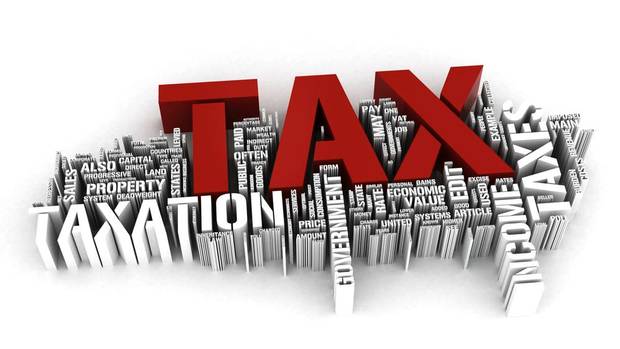By: Didik Purwondanu*
 “But this transparency needs to extend beyond the public sector and into the private sector, too. We need to know who really owns and controls our companies, not just who owns them legally, but who really benefits financially from their existence.”
“But this transparency needs to extend beyond the public sector and into the private sector, too. We need to know who really owns and controls our companies, not just who owns them legally, but who really benefits financially from their existence.”
This is part of David Cameron the speech on Open Government Summit on October 31, 2013 when they hosted many government leaders from various countries. How openness is not just about usual business of the State’s relationship with civil society, but also touched the private pillar who contributed to paying the taxes and supporting state as a sustainable platform.
After last week’s The International Consortium of Investigative Journalists (ICIJ) stirred waves Panama Papers, in a very short time casualties raised. The document contains 11.5 million secret documents and has already made the Prime Minister of Iceland in Reykjavik resigned after demonstration. Cameron’s speech about transparency finds relevance with this momentum. Mossack Fonseca made shell companies to hide ownership of assets. The owners usually hire people to act as the management company. The investors have various motives from tax evasion, money laundering, fraud, or to simply hide the wealth.
For the people of Britain, it became also a misnomer because one of the names on the list is Cameron’s father, Ian Cameron. The father was registered as the owner of the base Blairmore Company located in tax haven countries. During the 30 years of its establishment, the company has never even pay taxes to the United Kingdom. After coming under pressure for days, Cameron says he never get the benefit of US $ 42 thousand from the sale of shares in Blairmore Trust in 2010, four months before becoming Prime Minister.
This document also accelerates momentum of the discussion draft Indonesian Tax Amnesty Law, with the hope of money many Indonesian people’s names can be used to buy state bonds then to build an infrastructure and others. It would never be easy, since some corporations also resulted their fund over the years by various modes of fraud not merely tax evasion.
Further it can also become big momentum for greasing the wheel of openness in private sector. In terms of the ownership of these benefits, one of the UK action plan 2013-2015 Open Government Partnership was to create a centralized list that is accessible to the public on the benefits of ownership of a company. Since last year, the UK already require companies to list the names of people who have a significant influence or control (person with significant influence or control or “PSC”) for the company. It is predicted June this year, UK will begin to open up the entire name of the PSC through a register which is accessible to the public.
Learning from the UK experience, Indonesia basically just started Single Investor Identity. But in fact it’s never enough to encourage transparency of assets’ ownership. First, there must be a mechanism of transparency of ownership at the end of the (ultimate ownership) or human identity which owns shares in the subsidiary.
Secondly, there must be a mechanism of transparency of ownership benefits (beneficial ownership) namely, transparency does not only include people who have a stake, but also the parties who have the benefit of a company (nominee, trust, specific power, and so on). Both ideas should be get into the Open Government Indonesia (OGI) Action Plan 2016.
Using four quadrant of transparency by Archon Fung (2014), what happened in Iceland increasingly proving true public information leverage collectives actions. The ICIJ’s involvement is in the first quadrant or Freedom of Information, while the private sectors transparency could be put in the fourth quadrant Transparency for Responsible Corporate Behavior. The term of responsible does not mean only in labor or environmental issues, but in this case is also about the transparency of ownership. Transparency in the private sector is not just important for the tax matter. The same thing that happened in Iceland how relevant information can evoke a sense of urgency for collective action in the community so that makes it a tsunami of change.
The leaked document also found a shell company belonging to BPK Chairman Harry Azhar Azis. As a public official, this issue is very sensitive because it involves a matter of transparency, his role Harry Azhar as the leader of the state auditor. After the public pressure Prime Minister of Iceland retreated, British Prime Minister David Cameron was highlighted because of his father’s case, the Chairman of Transparency International Chile also withdrew. Then, how about Indonesia?
*) The writer is the team leader of Transparency for Development (T4D) Project in Indonesia – a joint research collaboration Harvard Kennedy School with PATTIRO




